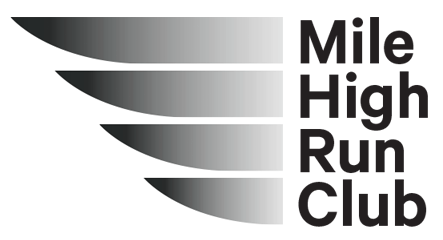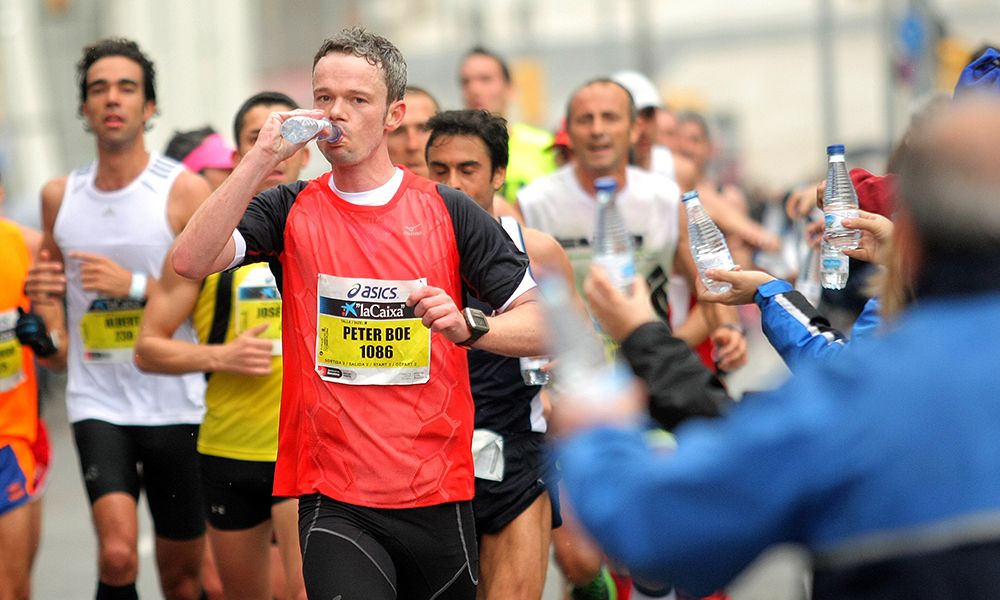When runners hit a wall in the marathon the most common cause is glycogen depletion. Glycogen is fuel derived from the carbohydrates we eat and only a limited amount can be stored in the body in both the liver and muscles.
Most runners have enough storage to last a half marathon, but the marathon is another beast. With this distance correctly pacing yourself is essential - if you start even slightly too fast you risk depleting your glycogen stores. The importance of proper pacing cannot be overemphasized. That said another key point when racing the marathon is the importance of fueling yourself while you run. This is absolutely necessary so you do not deplete your glycogen supply.
While there are no set rules in marathon nutrition and hydration, the following 7 tips have been helpful to me and many a runner tackling 26.2.
- Hydrate every 5 kilometers of your long runs with 4-5 ounces of fluids. Fuel type will differ per runner - some prefer plain water if they’re ingesting gels or shot blocks every 45 minutes. Others opt for a water/electrolyte mixture, in addition to gels or shot blocks. They key to finding the right type of fuel is by experimenting. Try different things until you find what makes you feel best and doesn’t upset your stomach. Running stores such as Jack Rabbit a great resource for fuel items.
- Create a nutrition plan. Just because you’re training for a marathon does not mean you can sign up for a permanent seat at the all you can eat buffet. If you want to run your best you need to consider the quality of what you’re eating. Increase the amount of vegetables, fruits, nuts, lean meats and dairy you’re consuming WHILE decreasing sweets, fatty meats and fried food. You’ll be amazed at how much this will help you.
- Carbs versus protein. There are many schools of thought as to what the best ratio for these two nutrients is, however my typical rule of thumb is that if you’re training 7 days a week 60-70% of your intake should be carbohydrates, 20-30% protein and 10% fat.
- Consume approximately 8 glasses of water per day.
- Nutrition the week before the race is integral to performing well. 70-percent of your diet should be carbohydrates. This may seem odd as your training is decreasing due to tapering, but it’s important to fuel properly. However, ensure that you’re not overeating. You don’t want to feel bloated the night before your race.
- Race-day morning eat a small meal 2 hours before the start of your warmup. Do not try ANYTHING that you are not used to eating.
- When fueling during the race, never miss or skip a fuel stop. Even if you’re not feeling thirsty. In doing so you will most likely pay later in the race. Stick with the fuel plan you’ve been consistently using during your training.

